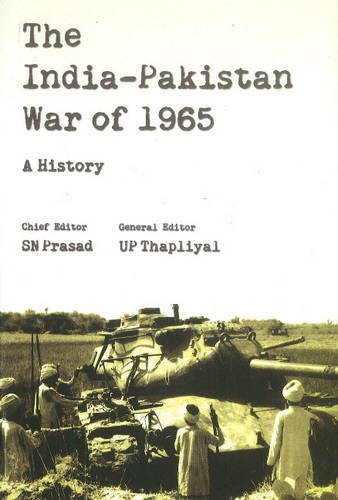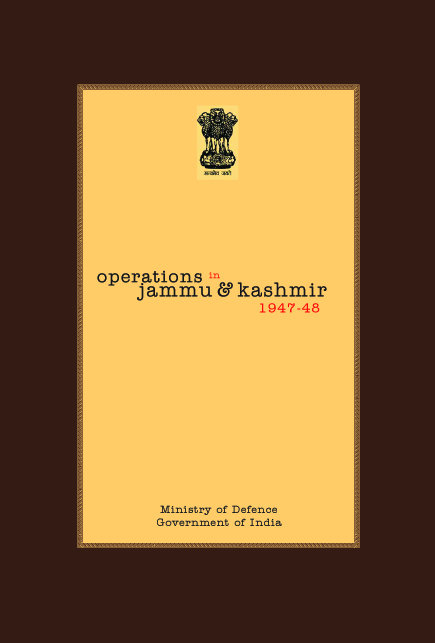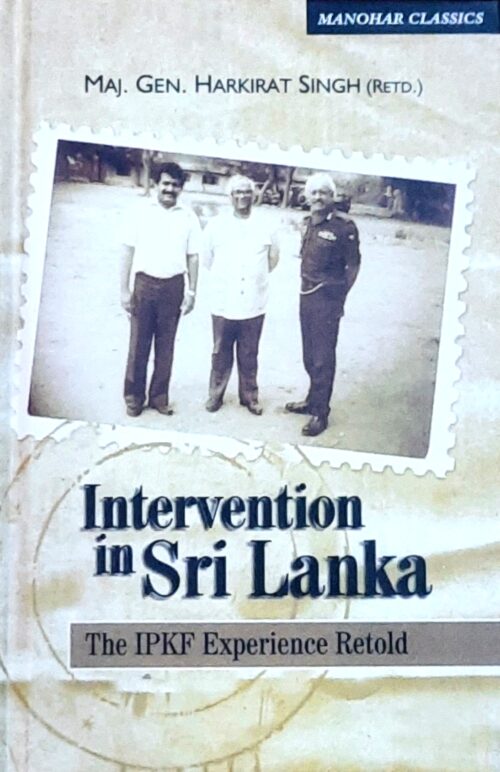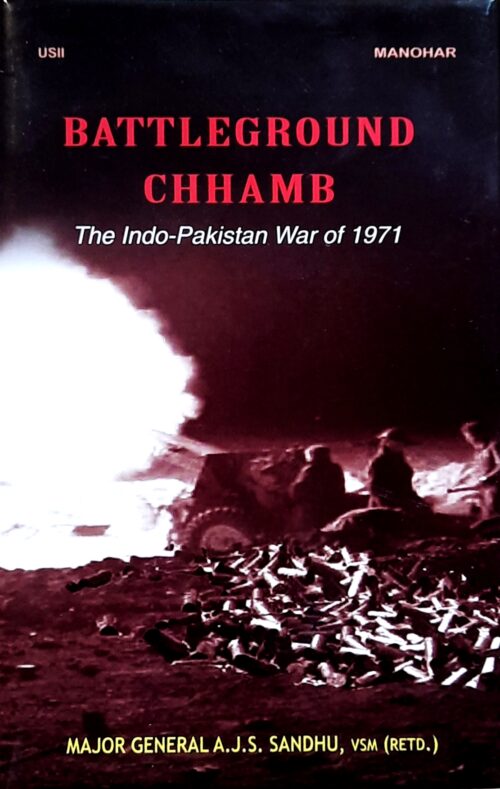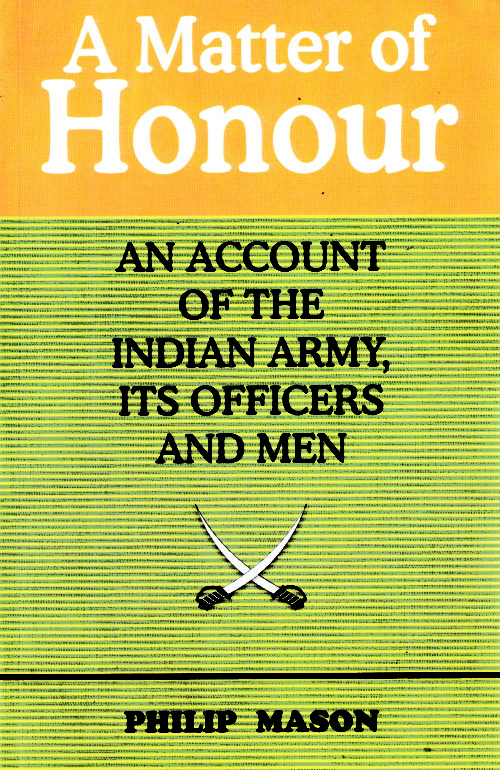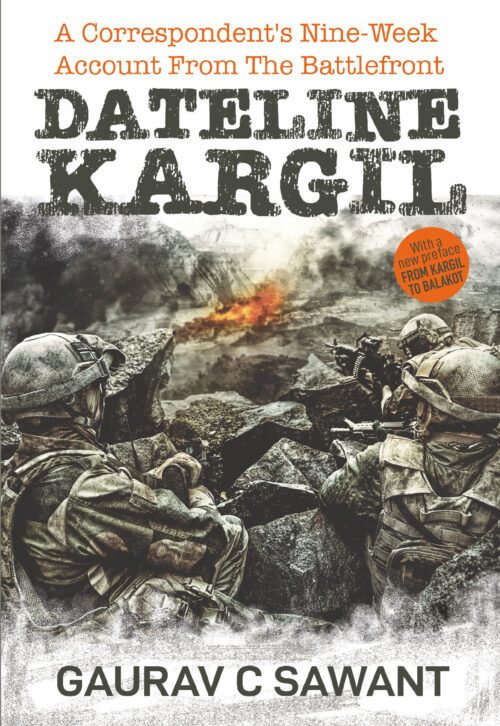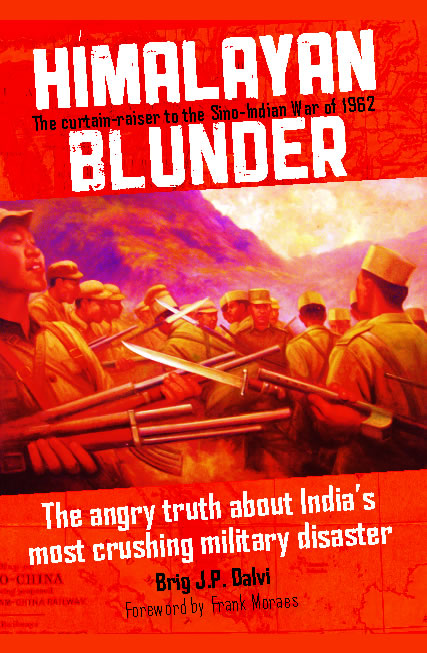"Himalayan Blunder: The Angry Truth About India’s Most Crushing Military Disaster" is Brigadier J. P. Dalvi’s retelling of the Sino-Indian war that took place in 1962 - a war that India lost. Dalvi fought the war as the Commander of the 7th Infantry Brigade in NEFA (North-East Frontier Agency).
His account of the war is graphic and telling. He was captured by the Chinese forces and held for seven months. As a participant of the war, he was privy to all that went on at the battlefield as well as behind the scenes. Based on his firsthand experiences, he recounts the events that occurred between September 8, 1962 and October 20, 1962.
As early as 1951, China silently and steadily began to work its way onto Indian soil. Even in the face of indisputable evidence, India insisted on maintaining cordial relations with the Chinese. China seemed only too happy to play along.
Dalvi narrates the manner in which India’s own political leadership traitorously worked against its cause. In no uncertain terms, he holds three men responsible for India’s defeat - Jawaharlal Nehru, Krishna Menon, and General Brij Mohan Kaul.
Issuing orders from Delhi, they seemed to be clueless about the situation on the battlefield. Undoubtedly, when they were rushed into battle, the Indian soldiers - underfed, ill-equipped, and unprepared as they were - never stood a chance against the powerful Chinese army. Regardless of that, the soldiers fought bravely and laid down their lives for their homeland.
Dalvi claims that the apathy and the sheer ineptitude of those at the helm of India’s political affairs sacrificed hundreds of valuable lives. Brigadier Dalvi’s detailed narrative of the massacre of the Indian soldiers, a horror that he witnessed firsthand, is heart-rending.
The book was published in 1969. Among all the books based on the subject of the 1962 Sino-Indian war, this book is considered to be one the most striking and authentic versions. Due to its sensitive subject matter and its portrayal of India’s leaders in a harshly negative light, the book was banned by the Indian Government upon its release.
Brigadier John Parashuram Dalvi was an Indian Army officer. During the Sino-Indian War of 1962, he was the commander of the Indian 7th Brigade, which was destroyed, leading Dalvi to be captured by the People's Liberation Army on 22 October 1962.
Dalvi was commissioned into the Baluch Regiment. To the end of World War II he served with the regiment's 5th Battalion. He took part in Field Marshal Sir William Slim's pursuit of Japanese Army. From October 1944 to March 1945 he saw fighting with 19th Indian Division notably at the Crossing of the Irrawaddy. For his services he was mentioned in despatches for gallant and distinguished service.
In 1945 he was selected to join the staff of General Sir Montagu Stopford, GOC XXXIII Corps and later GOC-in-C of 12th Army Burma
In 1947 he was posted as instructor to Indian Military Academy, Dehradun. He was then moved to 5 Gorkha Rifles as 2nd in command. In 1949 Dalvi was attached with Brigade of the Guards. In 1950, he was selected for Staff College, which he graduated in 1951. He then commanded the 4th Battalion, Brigade of the Guards and later 2nd Guards.
In October 1960 he was given an accelerated promotion to be appointed as Brigadier Administration to XV Corps. In January 1962, he was given the Command on 7th Infantry Brigade in NEFA and fought in the Sino-Indian War. He was taken Prisoner of War on 22 October 1962 and was repatriated in May 1963. On his return to India, he wrote his account of the war. He died of cancer in 1980.
